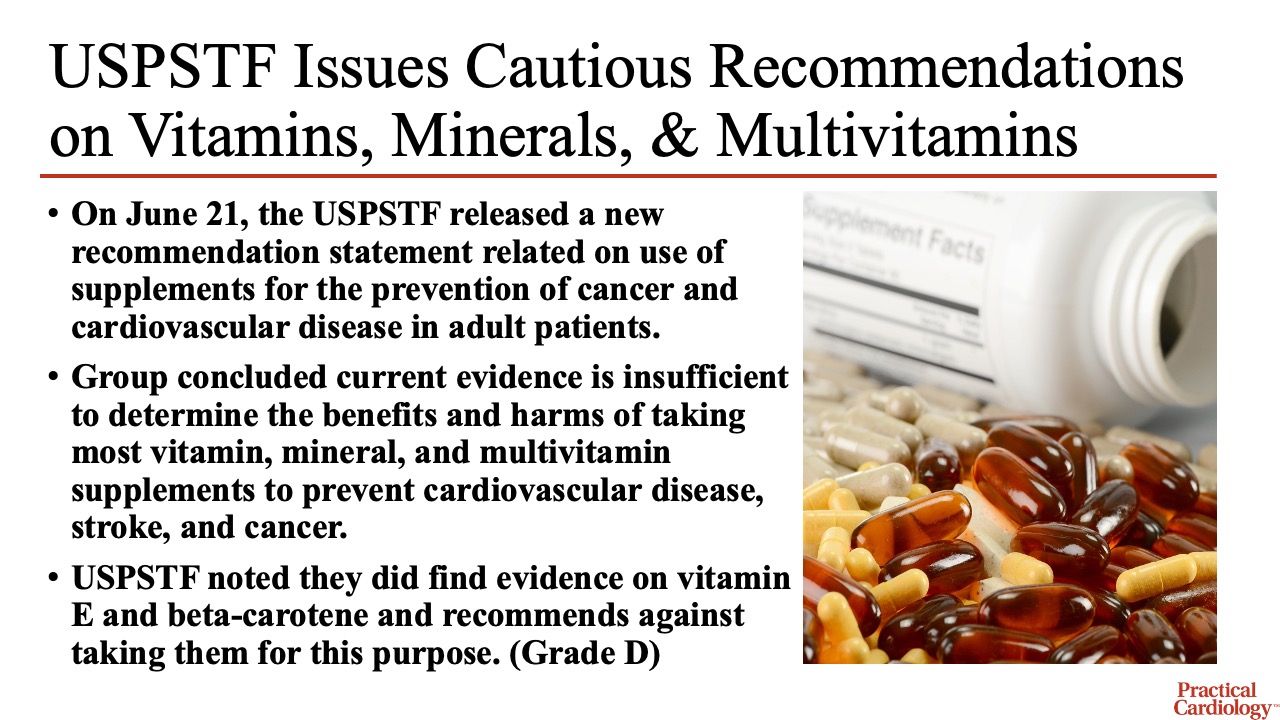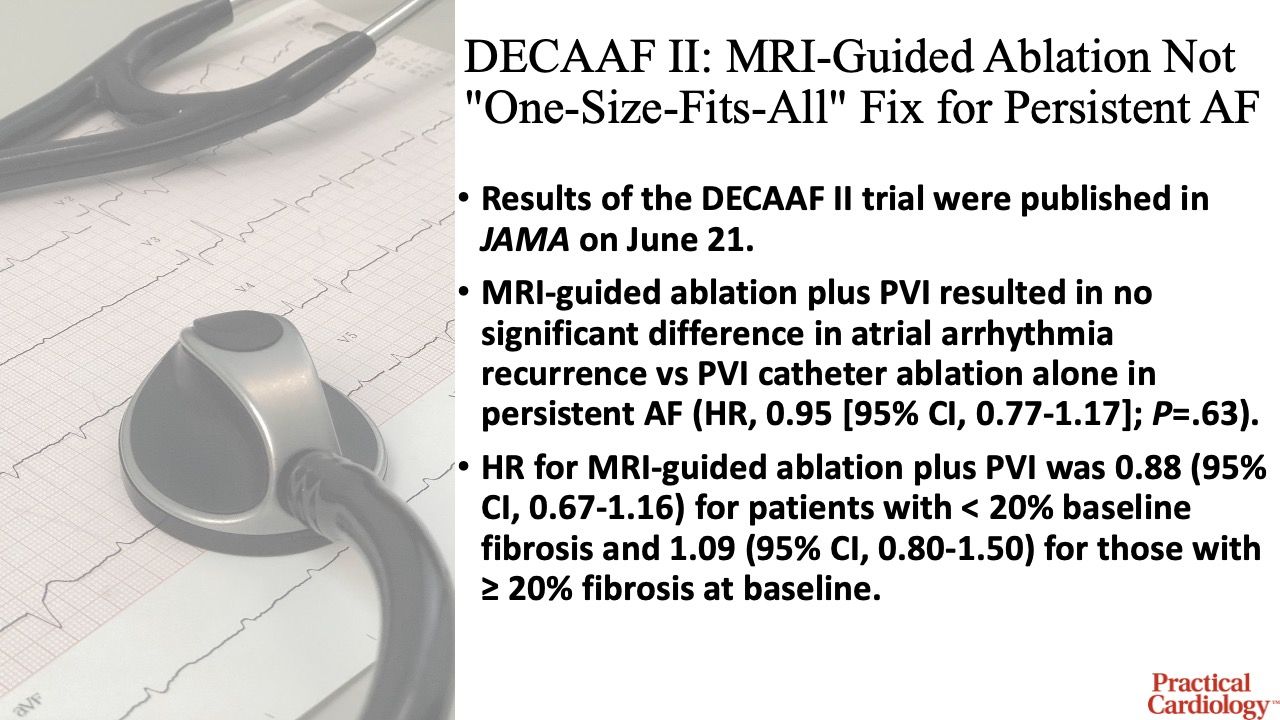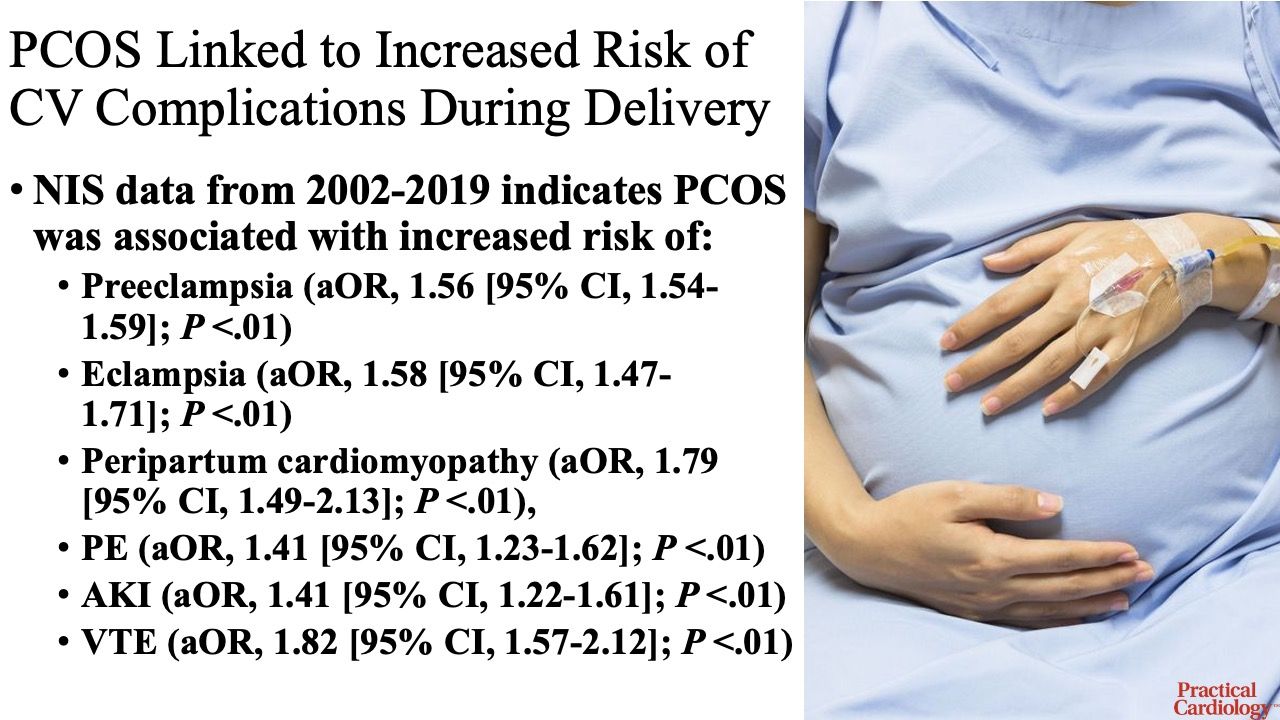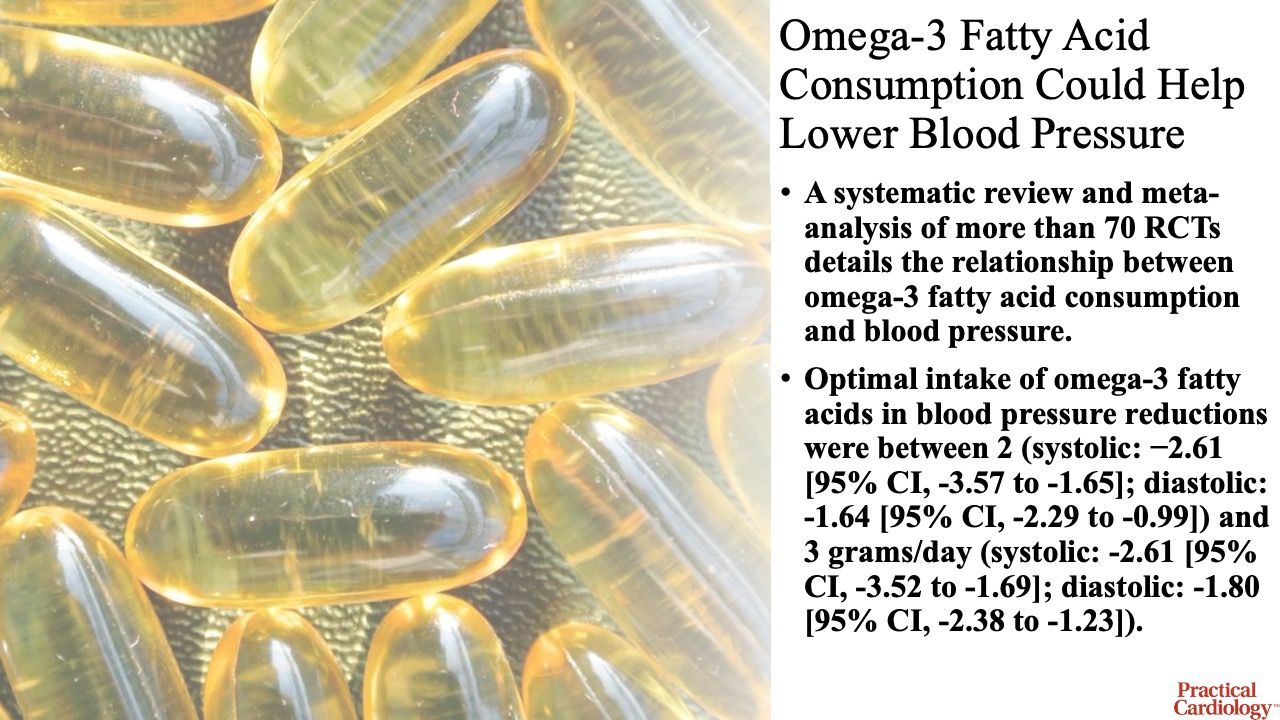June 2022 Cardiology Month in Review
Published on:
Our cardiology month in review spotlights the most popular content from the past month. The top content from June 2022 includes new USPSTF recommendations, DECAAF II, the latest edition of Don’t Miss a Beat, & more!
June 2022 Cardiology Month in Review
- USPSTF Issues Cautious Recommendations on Nutritional Supplement Use for Preventing Cardiovascular Disease
On June 21, the USPSTF released a new recommendation statement related to use of vitamin, mineral, or multivitamin supplements for the prevention of cancer and cardiovascular disease in adult patients, which replace the organization's 2014 recommendations on the subject. - DECAAF II: MRI-Guided Ablation Not A "One-Size-Fits-All" Fix for Persistent AFib
An RCT assessing MRI-guided ablation plus PVI to PVI alone for persistent AFib suggests a more aggressive approach did not result in a statistically significant difference in arrhythmia recurrence but was associated with increased occurrence of safety events, including stroke. - Don't Miss a Beat: oHCM and Mavacamten, with Anjali Owens, MD
In the latest edition of Don’t Miss a Beat, hosts Stephen Greene, MD, and Muthiah Vaduganathan, MD, MPH, are joined by special guest Anjali Owens, MD. An assistant professor of medicine and medical director of the Center for Inherited Cardiac Disease at the Perelman School of Medicine, Owens takes our hosts on a deep dive into the current state of management for oHCM and the impact of the US FDA's approval of mavacamten. - Women with PCOS at Increased Risk of Cardiovascular Complications During Pregnancy
Using National Inpatient Sample data from 2002-2019, investigators detail the increased risk of cardiovascular complications among women with PCOS during delivery hospitalizations and predictors of this increased risk. - Finding "Sweet Spot" for Omega-3 Fatty Acid Consumption Could Help Lower Blood Pressure
A systematic review and meta-analysis of more than 70 RCTs details a J-shape dose-response relationship between omega-3 fatty acid consumption and blood pressure, with 2-3 grams per day considered the optimal dose for blood pressure lowering.

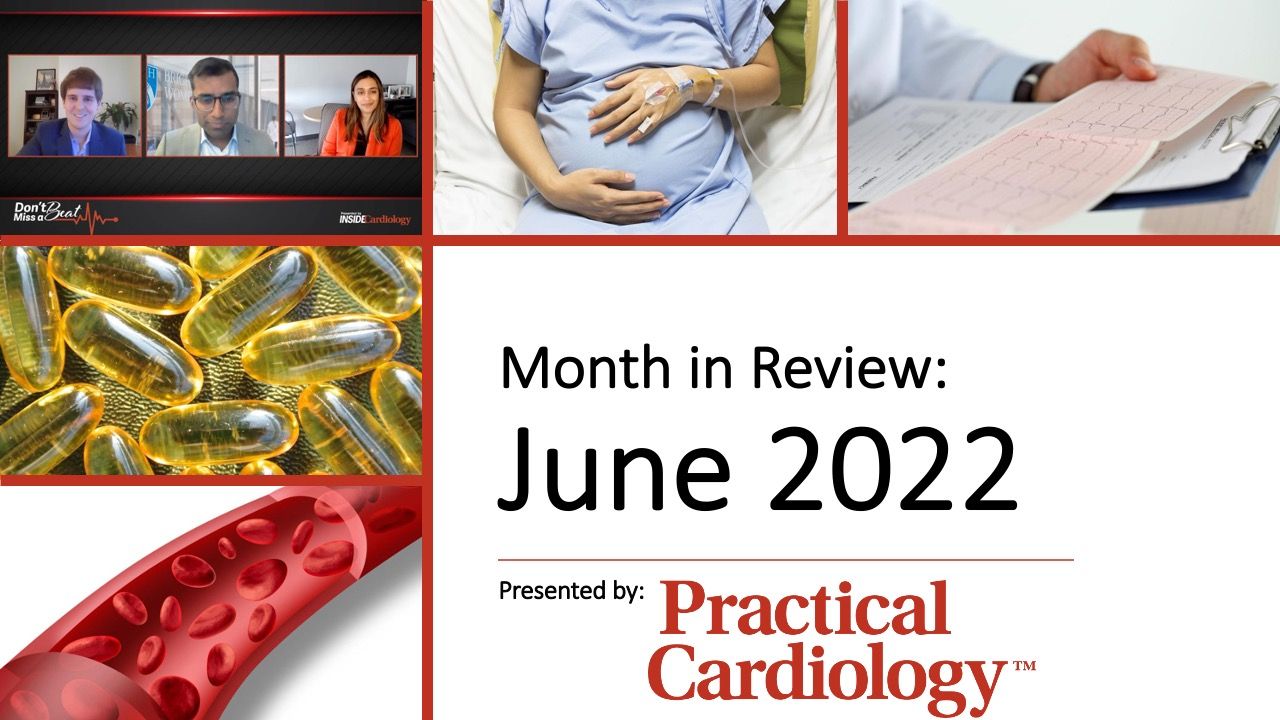
.jpg?fit=crop&auto=format)
